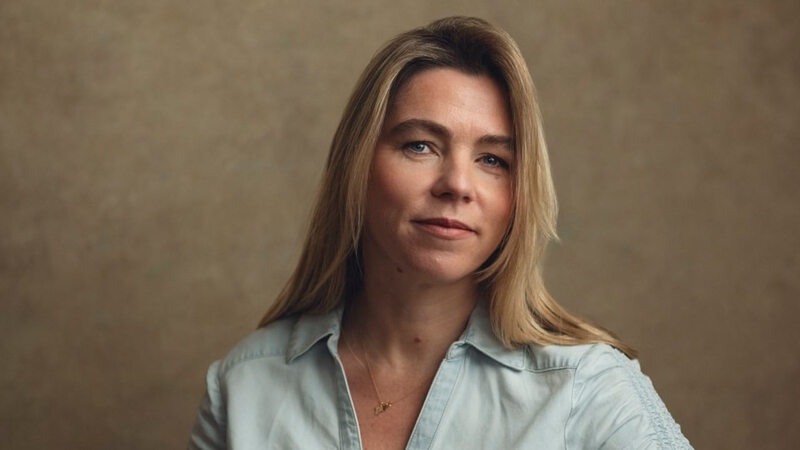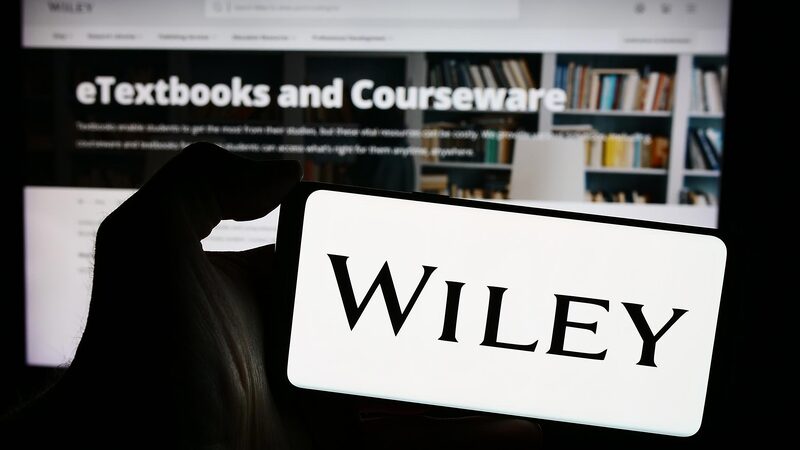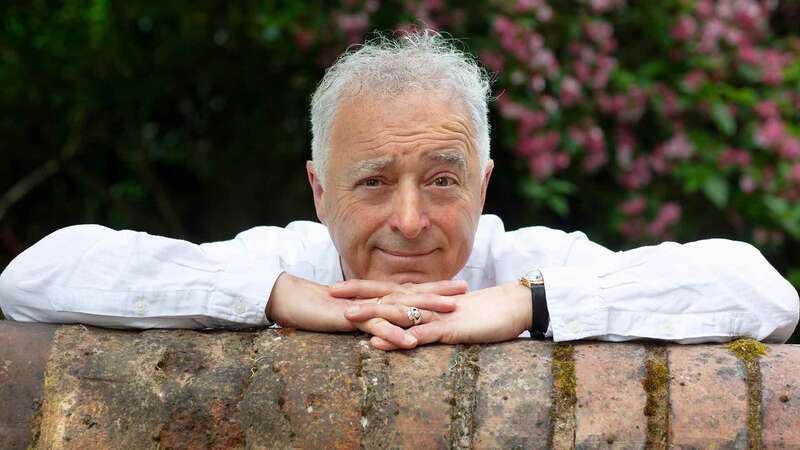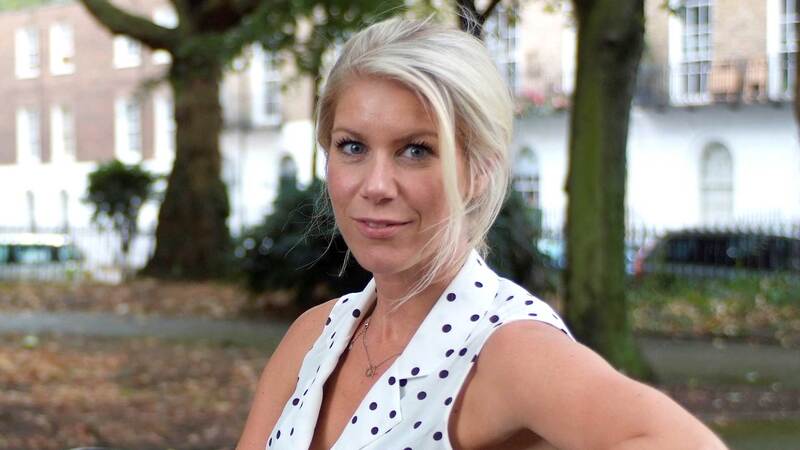You are viewing your 1 free article this month. Login to read more articles.
The language paradox
Nuturing a new generation of internationally minded readers and translators to fix a contradiction.
Of the many contradictions in UK society today, one that exercises me the most is played out daily in our classrooms. While those spaces are now more multilingual than ever, with over 1.6 million UK pupils with a “first language” that is not English, the learning experience has utterly failed to keep pace. Pupils can leave school without having studied a single author of colour or a work in translation, and most learn a language for several years before they are introduced to its literature.
This would not seem like such a missed opportunity if the world beyond the classroom was in a similar state. But literary translation has developed into one of the most dynamic and radical spaces within publishing, with independent publishers like Fitzcarraldo and Tilted Axis gaining increasing prominence as they bring cutting-edge texts from across the world into the UK. And here we find a potential solution to the contradiction: partnerships between translation and education can bring this dynamism into our schools, inject culture and creativity into the learning experience, make the Literature curriculum more inclusive, and nurture a new generation of readers open to and excited by international literature.
This is not just about encouraging young people to read more widely: there is an urgent social justice dimension too
I began to work on translation in schools in 2018 when I became director of literary charity the Stephen Spender Trust (SST) and founded the Queen’s College Translation Exchange (QTE, based at Oxford University). Five years on, and our partnerships with publishers, translators and teachers now engage thousands of young people in international literature and translation. This is not just about encouraging young people to read more widely: there is an urgent social justice dimension too. Literary translation programmes in schools bring texts from Central/South America, Africa and Asia into an otherwise Eurocentric curriculum; they expose young minds to alternative and multiple perspectives on the world; and they valorise the voices and experiences of young people who speak more than one language. Teachers report happily that they change the power dynamics in a classroom, transforming the teacher from instructor into co-translator, who learns and creates alongside their pupils.
These programmes build on ground-breaking work by award-winning translator Sarah Ardizzone and sociolinguistics researcher Sam Holmes, who worked with SST to bring translation into intensely multilingual schools. Partnership with publishers was central to The Big Translate, which brought together professional translators with groups of primary-age pupils to translate and perform picture books from around the world.
Translators in Schools trained translators to design and deliver workshops for young people, and Multilingual Creators continues this work through partnerships between schools, translators, writer development agencies and publishers. SST and QTE run two national translation prizes for young people, the Stephen Spender Prize and the Anthea Bell Prize for Young Translators, which provide a focus for this translation activity and motivate thousands of young people and their teachers to get involved.
The creative translation workshop forms the core of all these programmes, and we have developed a model to make this accessible and adaptable to any literary text in any language: “Decode – Translate – Create”.
Putting it into practice
Let’s take as an example Eloisa y los bichos (Eloisa and the Bugs) by Jairo Buitrago and Rafael Yockteng, a visually striking picture book from Mexican publisher Babel Libro. We remove the words and jumble the pages, so that the workshop begins with the children “decoding” the pictures, focusing simply on storyboarding and creating a narrative. Once they are familiar with the story itself, we introduce the words with glossaries to help them translate it into English. Finally, the young translators are given a professional brief to turn their clunky, word-for-word translations into creative pieces worthy of publication. Glossaries are ripped up, and creative juices flow as they work together to create a brand-new text in English.
Treating the young people as “real-life” translators is one of the keys to creative translation’s success. The process is empowering; it focuses on what the young people can do even as beginner linguists; and it makes an explicit link to the world of international culture and creative careers waiting for them beyond the classroom. That link is most palpable when a translator or a university student leads the workshop, and our growing team of 25+ SST Associates now regularly do so. Similarly, when teachers present our videos of translators and authors to their classes, they make international literature and the processes of translation more immediate, visible and accessible.
Our work actively interrogates which cultures are presented to pupils. The Spotlight strand of the Stephen Spender Prize enables us to highlight literature in diaspora languages, with a suite of resources and workshops to date on Polish, Urdu, Romanian and Ukrainian. For this year’s Ukrainian Spotlight we have partnered with Ukrainian publishers Ranok and Old Lion (winner of the Best European Children’s Publisher at Bologna this year) to run workshops on Ukrainian picture books and poetry for over 1,600 pupils in more than 30 schools across the UK, and counting. Crucially, these workshops are delivered to whole classes, so that it is the Ukrainian pupils who become the experts in the room.
Partnerships with UK and international publishers are increasingly important to our work and include recent publicity and outreach partnerships with The Emma, Comma and Pushkin Presses. We look forward to further partnerships as we work together to bring the translation and publishing community into schools, and in doing so to create the next generation of internationally minded readers and translators.
Dr Charlotte Ryland is an editor, translator and lecturer whose work has centred on foreign languages and literature. Since 2018 she has been director of the Stephen Spender Trust and the founder/director of the Translation Exchange at The Queen’s College, Oxford. She was previously a lecturer in German at the University of Oxford and the editor of New Books in German magazine.
Twitter: @charlotteryland


















